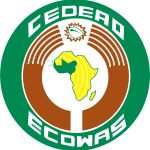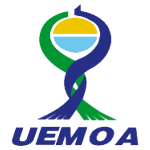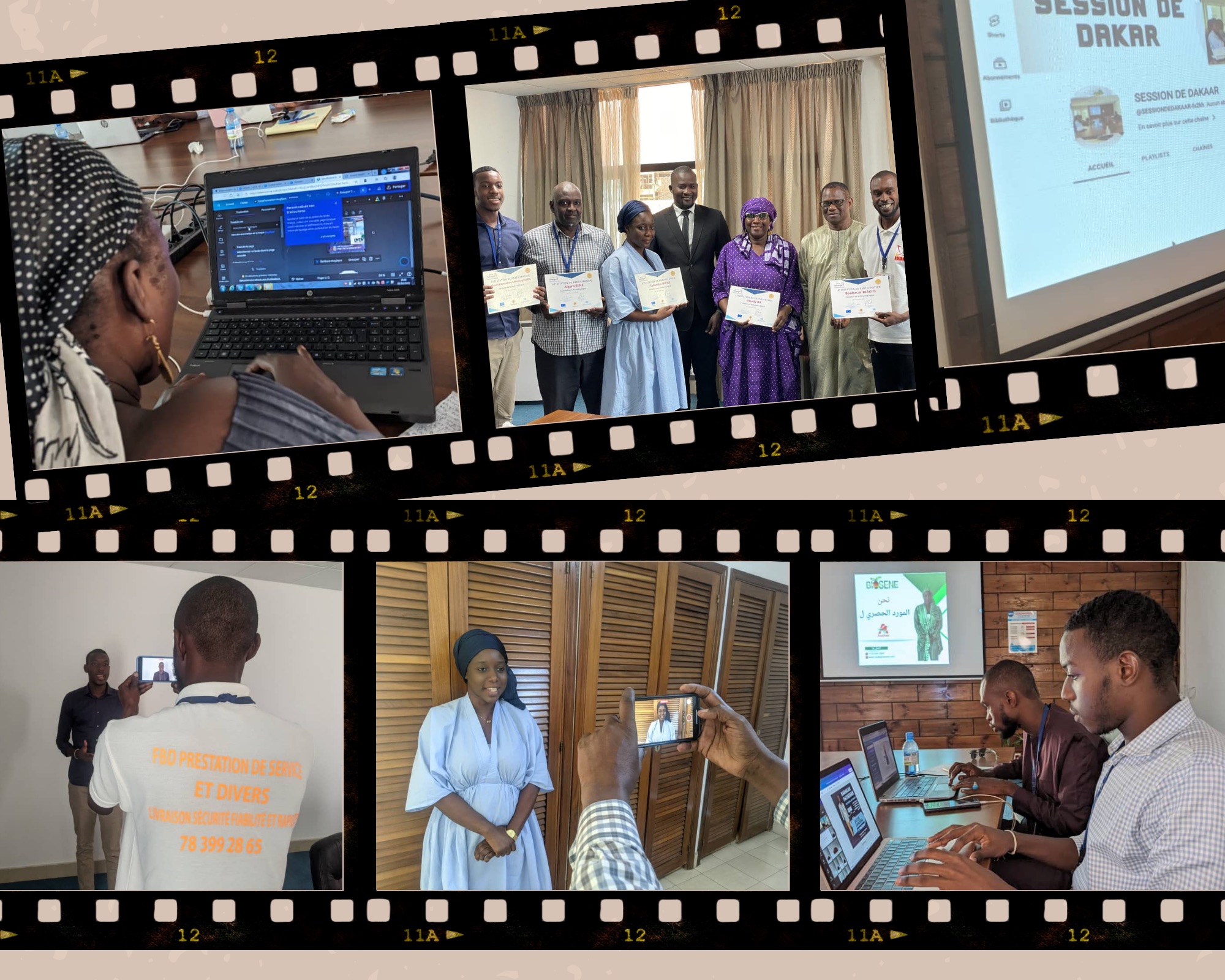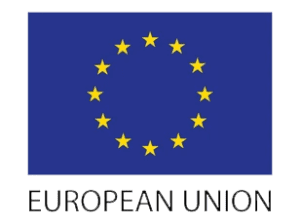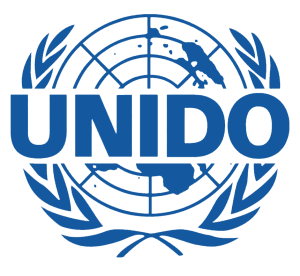The African Continental Free Trade Area (AfCFTA) aims to create a single market – bringing together the 55 African economies – that would facilitate the movement of goods, services and people across the African continent.
Beyond the liberalization of goods and services or the free movement of natural persons and capital, the AfCFTA will lay the foundations for a continental customs union, promote industrial development and resolve overlapping issues that hamper regional and continental integration processes.
As part of the creation of a non-discriminatory liberalized market (duty-free and quota-free movement of goods), trade in goods and services is taken into account.
With regard to trade in goods, the process will involve the progressive elimination of import and export duties, quantitative restrictions, non-tariff barriers (NTBs) and customs duties. The product-specific rules of origin approach will be applied on the basis of the change in tariff classification (CTC) and the value of non-originating materials or specific processing rules.
As regards trade in services, priority will be given to the following five sectors: business and professional services, communication services, financial services, tourism services and transport. The liberalization of services will be achieved through four modes of supply, namely cross-border supply, consumption abroad, commercial presence and movement of natural persons.
As targeted by AfCFTA, trade liberalization will provide opportunities for the free movement of goods and services to all actors in the value chains covered by the WACOMP programme.
All such transactions and movements will be monitored by AfCFTA’s dispute settlement system, a central instrument for ensuring the security and predictability of the regional
trading system. The Dispute Settlement Protocol, which governs the operation of the system, applies only to disputes between States Parties to the Agreement with respect to their rights and obligations under the Agreement.
While AfCFTA represents a potential market of 1.2 billion people, this vast market will create opportunities for all actors at every stage of the value chains selected under the WACOMP, from seed selection to marketing and covering all support services.
In this regard, WACOMP can play an important role in supporting the strengthening of regional and national value chains and their integration into the African single market. Indeed, under the aegis of the programme, the ECOWAS Commission, with the support of technical partners, will take the necessary steps to build the capacity of the private sector to enable all stakeholders to reach their full potential for the successful integration of the region into AfCFTA.
Click here to download and read more of our activities in the latest newsletter

